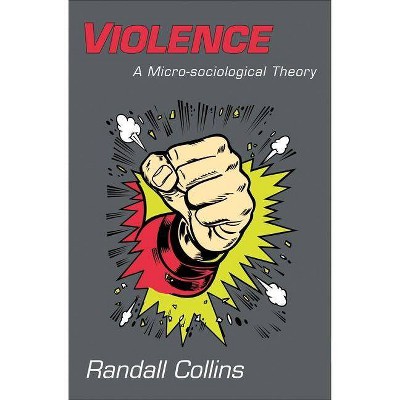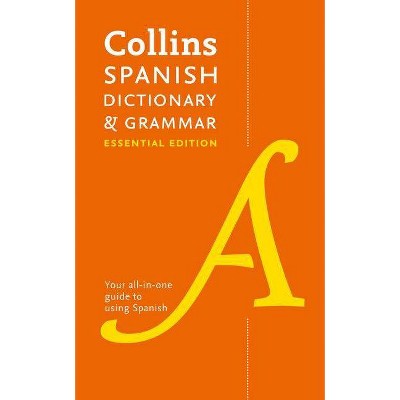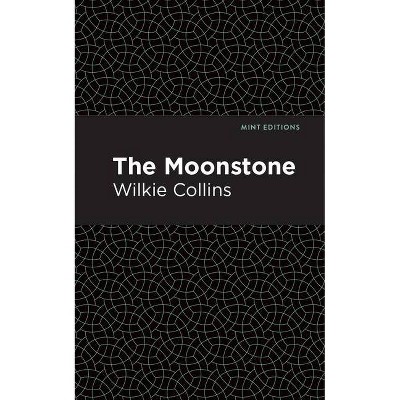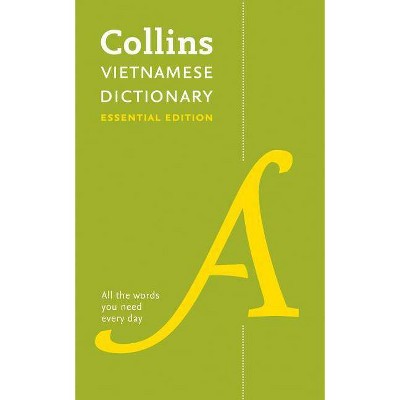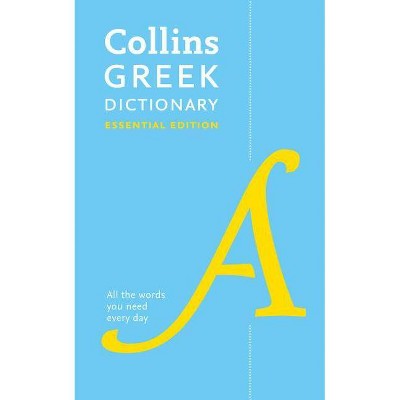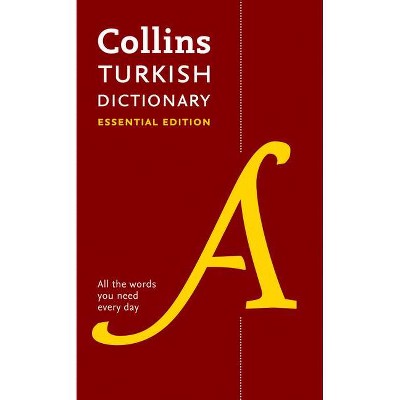The Credential Society - (Legacy Editions) by Randall Collins (Hardcover)
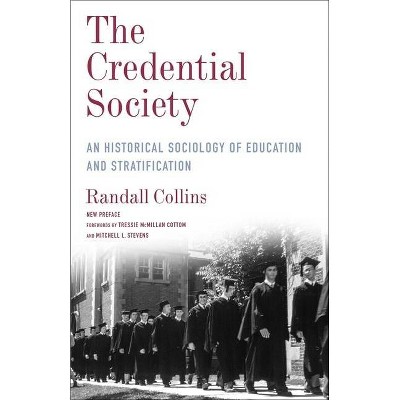
Similar Products
Products of same category from the store
AllProduct info
<p/><br></br><p><b> About the Book </b></p></br></br><i>The Credential Society</i> by Randall Collins is a classic on higher education and its role in American society. Forty years later, its controversial claim that the expansion of American education has not increased social mobility, but created a cycle of credential inflation, has proven remarkably prescient.<p/><br></br><p><b> Book Synopsis </b></p></br></br><p><em>The Credential Society </em>is a classic on the role of higher education in American society and an essential text for understanding the reproduction of inequality. Controversial at the time, Randall Collins's claim that the expansion of American education has not increased social mobility, but rather created a cycle of credential inflation, has proven remarkably prescient.</p><p>Collins shows how credential inflation stymies mass education's promises of upward mobility. An unacknowledged spiral of the rising production of credentials and job requirements was brought about by the expansion of high school and then undergraduate education, with consequences including grade inflation, rising educational costs, and misleading job promises dangled by for-profit schools. Collins examines medicine, law, and engineering to show the ways in which credentialing closed these high-status professions to new arrivals. In an era marked by the devaluation of high school diplomas, outcry about the value of expensive undergraduate degrees, and the proliferation of new professional degrees like the MBA, <em>The Credential Society</em> has more than stood the test of time. In a new preface, Collins discusses recent developments, debunks claims that credentialization is driven by technological change, and points to alternative pathways for the future of education.</p><p/><br></br><p><b> Review Quotes </b></p></br></br><br>Collins's insights are especially prescient, as the scholar Tressie McMillan Cottom notes in the new edition's foreword, when considering how for-profit colleges have essentially preyed on the insecurities--and leeched off the loans and subsidies--of poor and working-class students.--Hua Hsu "The New Yorker "<br><br>Randall Collins is widely seen as one of the best sociologists of the last 50 years, and <i>The Credential Society</i> is filled with gems and wonderful insights. It is a classic book on a pressing topic that remains deeply relevant today.--Annette Lareau, University of Pennsylvania<br><br>Forty years after its original release, <i>The Credential Society</i> remains a powerful tool to renew our understanding of crucial topics as diverse as cultural reproduction, opportunity hoarding, professional monopoly and meritocracy. At a time when analyses of the knowledge society are proliferating, Collins' analysis remains as fresh and penetrating as ever. This visionary classic will keep its place on syllabi for years to come.--Michèle Lamont, former president of the American Sociological Association<br><br>Randall Collins's <i>The Credential Society </i>is a theoretical and empirical tour de force, a brilliant study of the expansion of schooling in twentieth-century America that goes well beyond its central topic to illuminate connections between educational change and the world of work, the nature of status, and the role of knowledge and technology in modern life. Discovering it in graduate school was a transformative experience, and I'm delighted that it is available once again to inspire new generations of students and scholars as it inspired me.--Paul DiMaggio, New York University<br><br>This important book is an antidote to atheoretical work in contemporary studies of higher education and is a critical complement to the study of stratification. Technology has changed much about how we work. It has also changed a great deal about how our higher education institutions are organized. This book speaks to why those two domains are interrelated. Moreover, it provides a roadmap for the systematic study of higher education and inequality.--From the foreword by Tressie McMillan Cottom<br><p/><br></br><p><b> About the Author </b></p></br></br>Randall Collins is professor emeritus of sociology at the University of Pennsylvania. His books include <i>The Sociology of Philosophies: A Global Theory of Intellectual Change</i> (1998), <i>Interaction Ritual Chains</i> (2004), and <i>Violence: A Micro-sociological Theory</i> (2008). He is a former president of the American Sociological Association.
Price History
Price Archive shows prices from various stores, lets you see history and find the cheapest. There is no actual sale on the website. For all support, inquiry and suggestion messagescommunication@pricearchive.us
